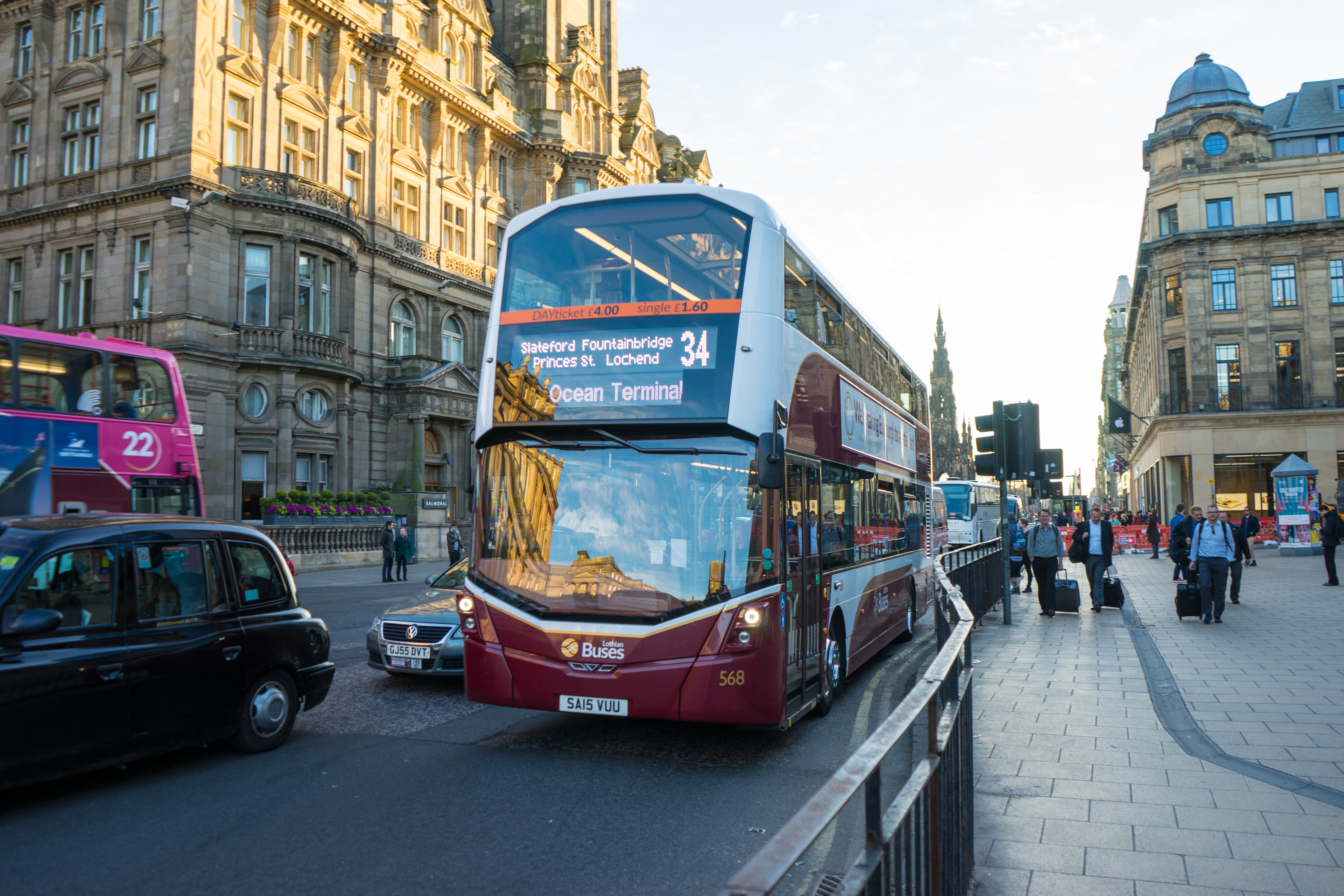
THE move to put Scotland’s bus industry back into public hands through a new franchising system has won cross-party support.
Last week, The Sunday Post revealed details of a massive shake-up of the struggling sector with SNP moves to introduce railway-style franchise deals for bus routes.
All of Holyrood’s parties last night said they supported the principle of franchising, assuming the Bill threw up no surprises.
However, the bus industry is to launch fierce resistance with warnings the plan is unworkable and could leave passengers facing higher fares and a worse service.
Scottish Labour transport spokesman Neil Bibby MSP said: “This is a major U-turn on bus regulation from the SNP. They have been forced to accept they have overseen a broken bus market for too long.”
The Strathclyde Partnership for Transport, which coordinates transport for more than two million people across 12 council areas, backed the principle of greater public say, adding “there could be potential to deliver a more comprehensive bus network in specific areas through some form of franchising”.
However, Sandra Whitelaw, managing director of Lanarkshire bus firm Whitelaws and current chairwoman of Confederation of Passenger Transport Scotland, said: “The challenges facing bus services in Scotland today are nothing to do with the regulatory system.
“They are the result of a series of factors including significantly reduced public-sector investment in bus networks, a double-dip recession, low costs of car ownership, changing social patterns which have led to more internet shopping and less high street retail footfall.
“Franchising would be a massive unnecessary cost and risk to taxpayers in Scotland at a time when public funding is already under huge pressure. Structural change in itself won’t make buses cheaper, run faster or serve new areas.
“This could mean higher fares and fewer services for passengers.
“Meanwhile, local companies who fail to win a franchise will effectively face a barrier to trade and may be forced to close.
“This puts local jobs and people’s pensions at risk.”
Currently, private operators can set up services where they like and often cherry-pick the most profitable routes.
The new Transport Bill – expected to be published in the autumn – will let councils establish Lothian Buses-style municipal bus companies, allowing public-versus- private bidding wars for newly-franchised routes.
Important but unprofitable services could be saved by being bundled with more popular routes in franchise deals.
The Greens, Lib Dems, Labour and Tories have all indicated they support the idea of local franchising.

Enjoy the convenience of having The Sunday Post delivered as a digital ePaper straight to your smartphone, tablet or computer.
Subscribe for only £5.49 a month and enjoy all the benefits of the printed paper as a digital replica.
Subscribe